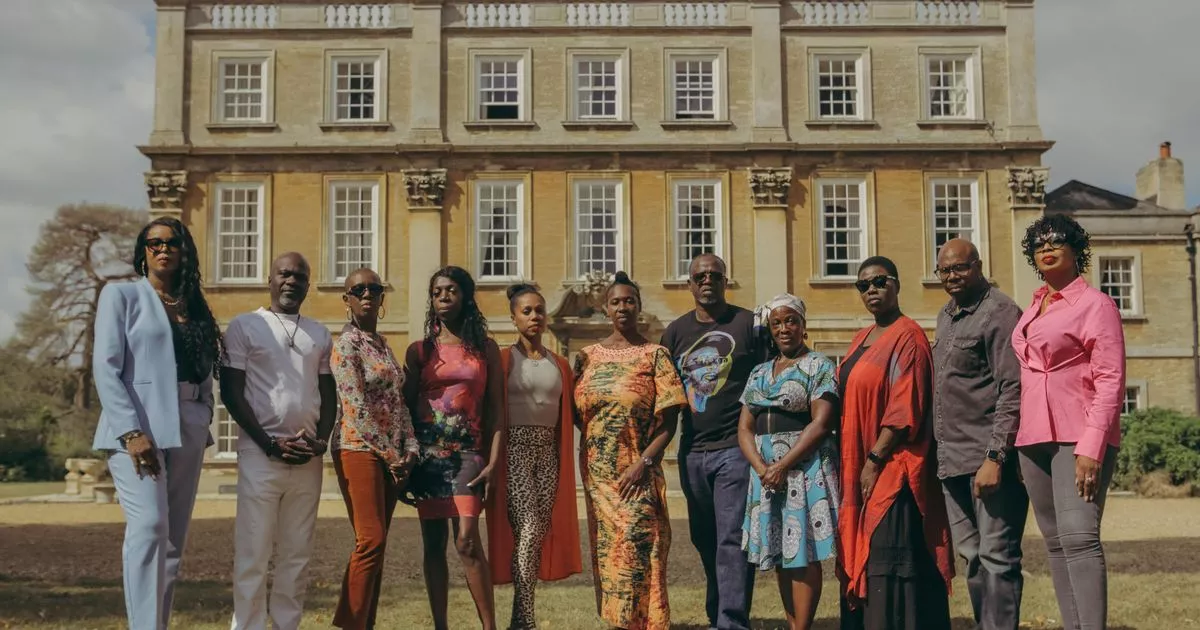Between 1955 and 1995, more than 70,000 West African children were privately fostered by White Britons, and many of them have lived with the long-lasting impact
When Ore Ogungbayi was little, like many children, she asked her parents where babies come from. “My mummy told me, âYou get them from a catalogue’,” she says.
In Ore’s case, this was the truth. Her British parents had seen her baby photo in a newspaper, advertised by her Nigerian parents for private fostering while they studied in the UK. “After an interview with my Nigerian parents, they fostered me from two months old until I was seven,” Ore, now 57, says.
“I thought they were my parents. I knew they loved me â they had given me so much love. It never occurred to me that they were White and I was Black â or that the people who sometimes visited were my real parents.” Between 1955 and 1995, more than 70,000 West African children were privately fostered by White Britons, in a practice known as âfarming’.
Many of them have lived with the long-lasting impact of this controversial and unregulated practice on their life and identity ever since â often in silence. Ore’s experience of âfarming’ ended abruptly when her mum and dad panicked that her British foster parents were about to try to adopt her.


